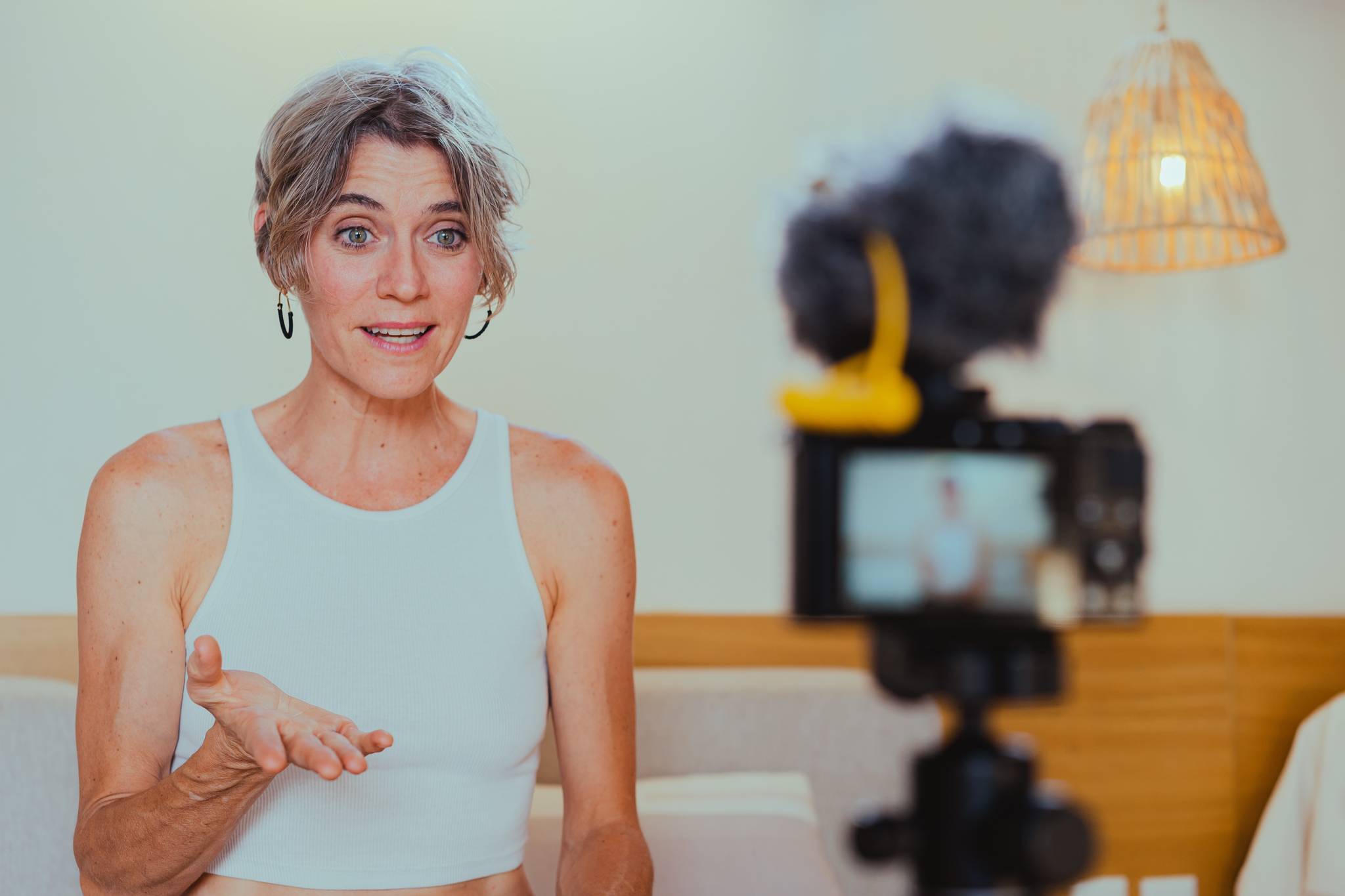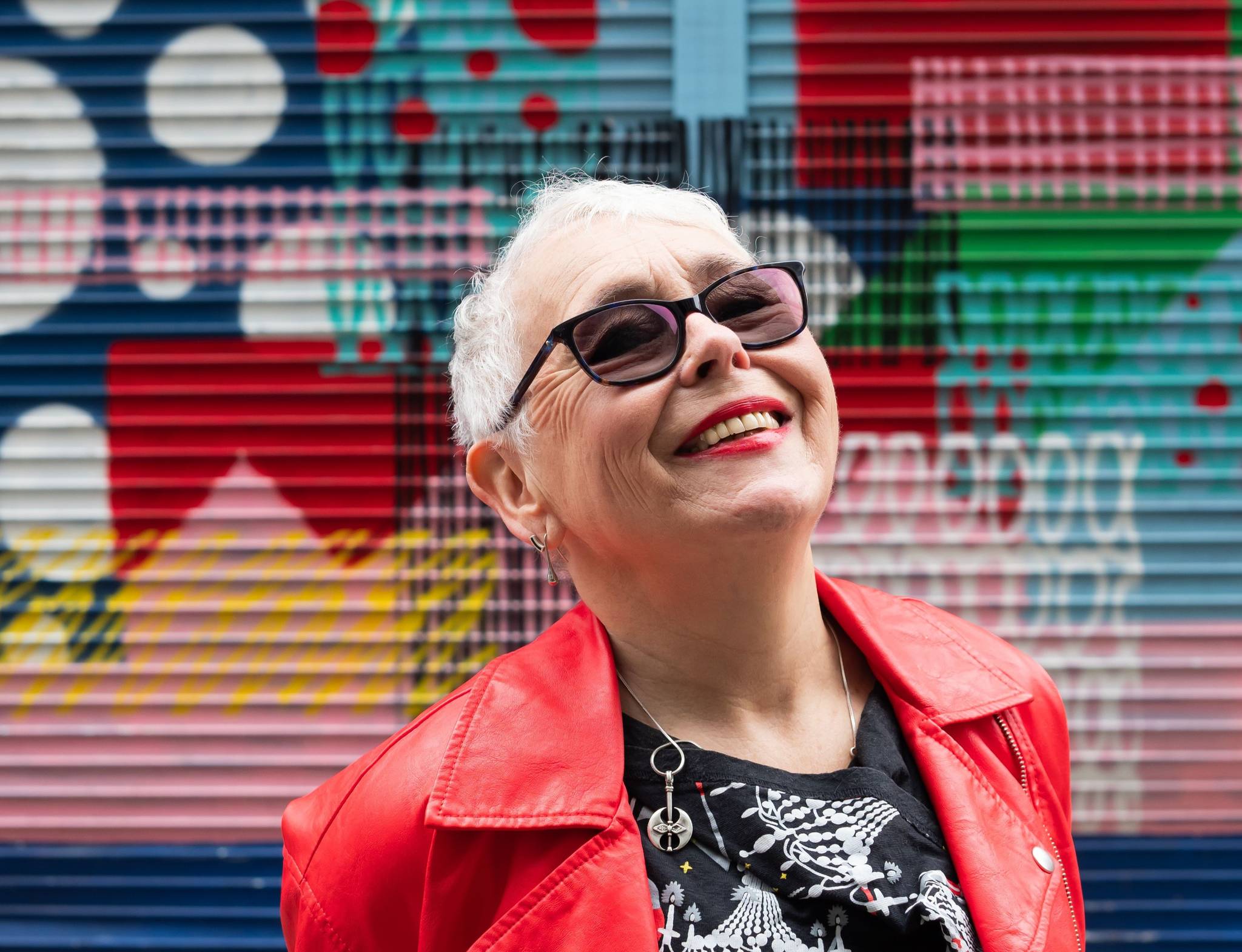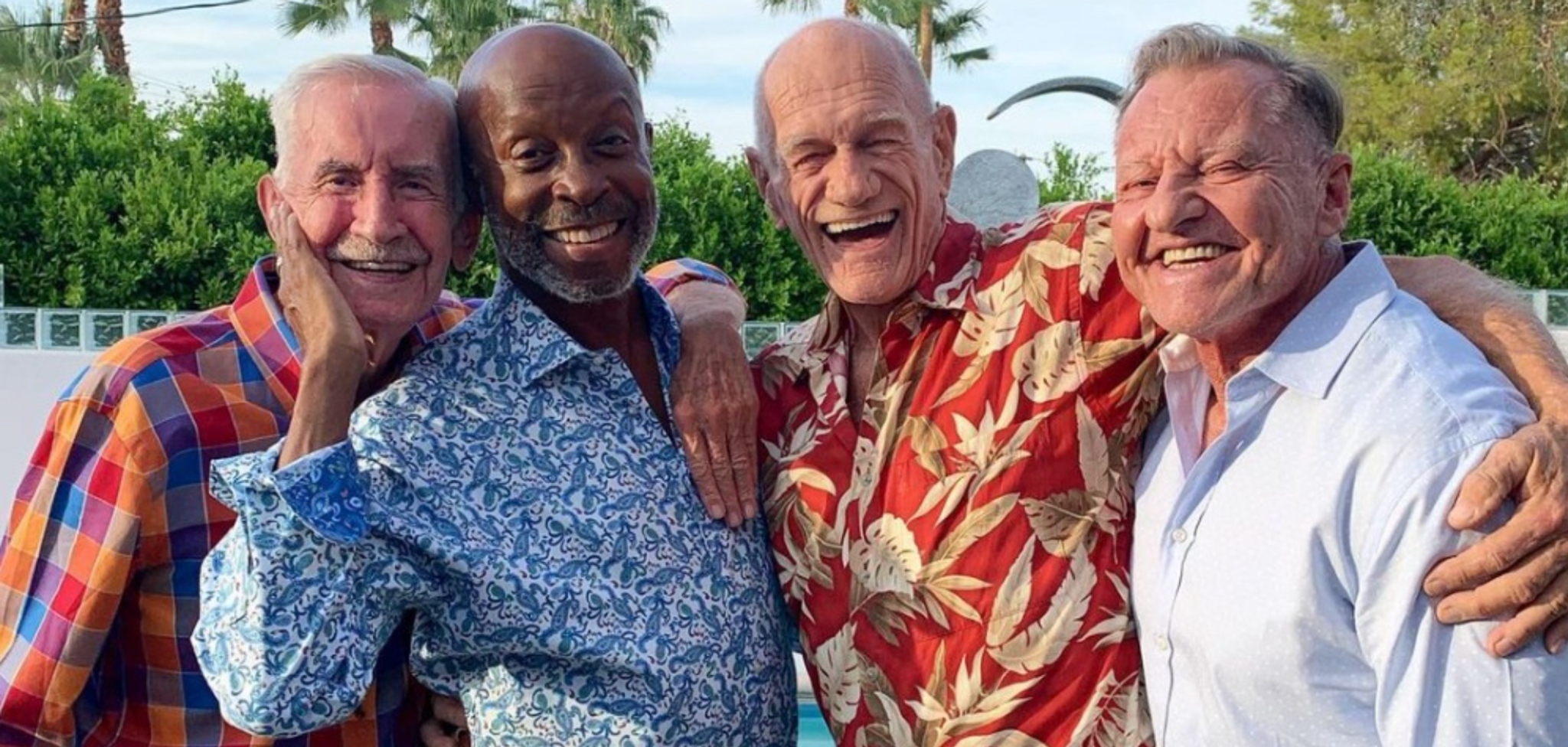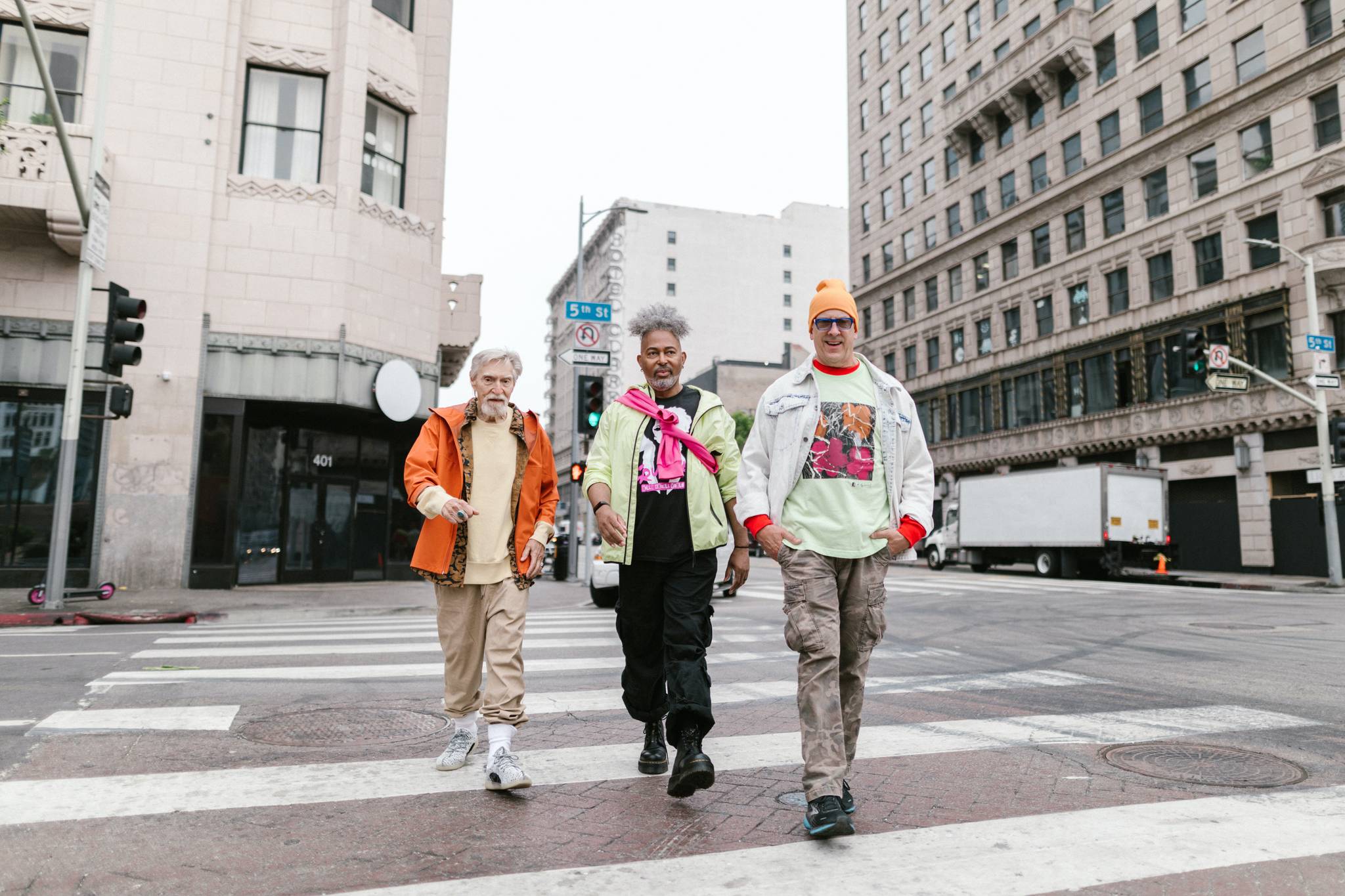
TikTok is not just for the kids - older adults are showing they’re young at heart and are going viral for it. By challenging ageist stereotypes older TikTokers are showcasing how ageing is misrepresented in mainstream media, offering a chance to rewrite narratives around what it means to grow old.
TikTok may be regarded as the be-all and end-all virtual playground for Gen Zers with over 60% of the app's users compromising of this younger cohort, but social media savviness isn't just restricted to the youth - which is allowing a new era of creators to find favour fast.
But who exactly are these ageing creators, and where have they come from?
Well, as it turns out, grandmas and accounts such as the @oldgays on TikTok are taking the reins on the flavour-of-the-moment social media platform, defying ageist stereotypes and winning over the hearts and minds of their audience with showstopping videos such as ‘Men in black 😎’ racking up over 100 million views.
Their content showcases that the internet isn’t just for the young ‘uns, as evidenced by the 73% of Americans aged 50-64 that use Facebook and the 11% of TikTok users in the US that are 50 and older.
Increasing numbers of TikTok users are aged 60+ and have millions of followers. This is ushering in a new wave of TikTok elders that are wholesome, vibrant and have a burst of energy that seems at odds with the digital fatigue most people get when living their lives online.
Analysis of the content from users who are aged 60 and above, with accounts such as @grandadjoe1933 and @dolly_broadway having a combined following of over 8.7 million, highlights that 71% are active online as a way to challenge and defy ageist stereotypes and prejudices.
And people are lapping up older TikTok content. Such content challenges mainstream perceptions and understandings of the way older people should live and behave, and people have underestimated the sense of joy and comfort that's happening on the senior side of TikTok.
“These TikTok elders have become successful content creators in a powerful counter-cultural phenomenon in which older persons actually contest the stereotypes of old age by embracing or even celebrating their aged status,” said Yale University Assistant Professor Dr Reuben Ng who researched this phenomenon and published Not Too Old for TikTok: How Older Adults Are Reframing Aging.
Older people on TikTok reject the self-conscious pandering that plagues most younger social media users. A lot of the time elders aren't posting to social media themselves, with a younger family member typically posting on their behalf, and this allows them to have fun with it rather than posting out of an imagined obligation to the algorithm.
For example, 90-year-old Jenny Krupa (aka @it_j_dog) started making TikToks with her grandson in 2019 and has racked up 2 million followers since then. Similarly, Grandma Lill started making YouTube videos with her grandson Kevin and her move to TikTok rewarded her with 8.9 million followers, and guest appearances on shows with Jimmy Kimmel and Steve Harvey.
And retired MIT engineer Lynja Yamada Davis shares her foodie wisdom through her @cookingwithlynja TikToks, with her combination of Gen Z humour and Boomer cooking knowledge garnered over 265 million likes and 15 million followers.
As people are recalibrating life milestones and challenging conventional trajectories, younger generations are turning to their older counterparts to see what the future may hold for them. With older adults believing they are only as old as they feel, it's making way for an era of older-age representation that's more in line with people's lived realities.



